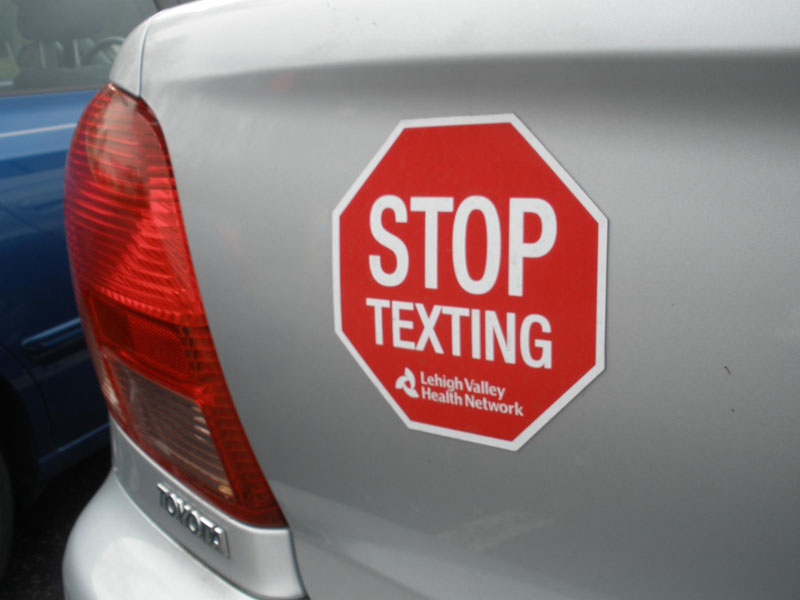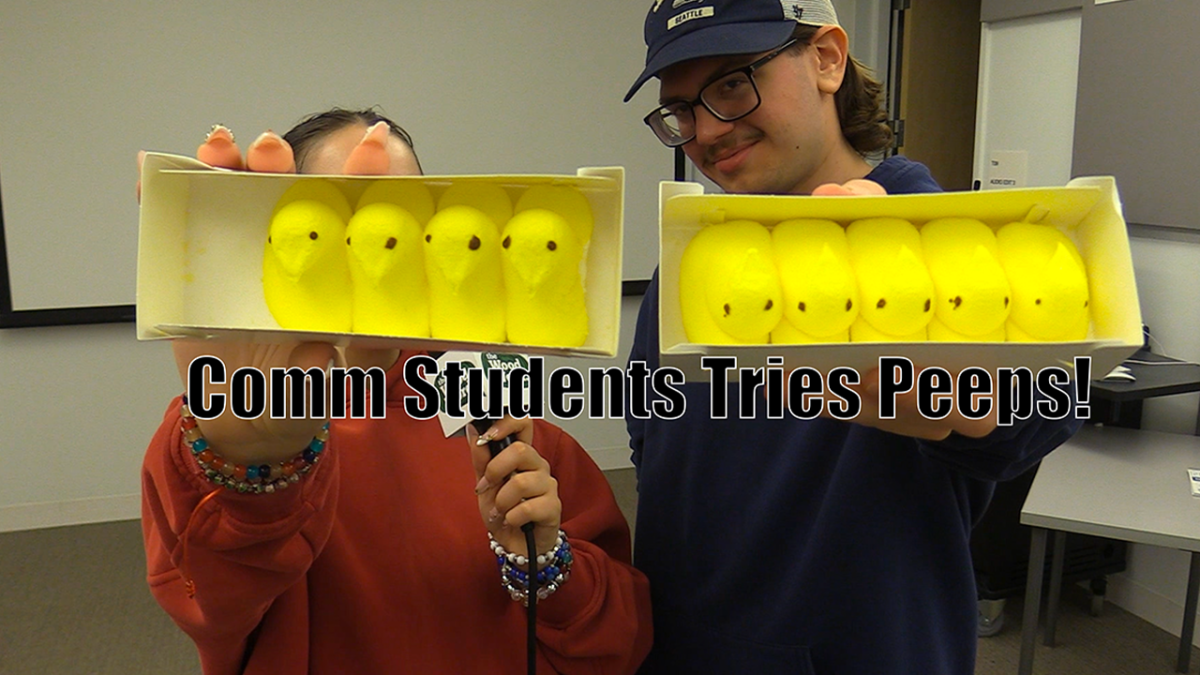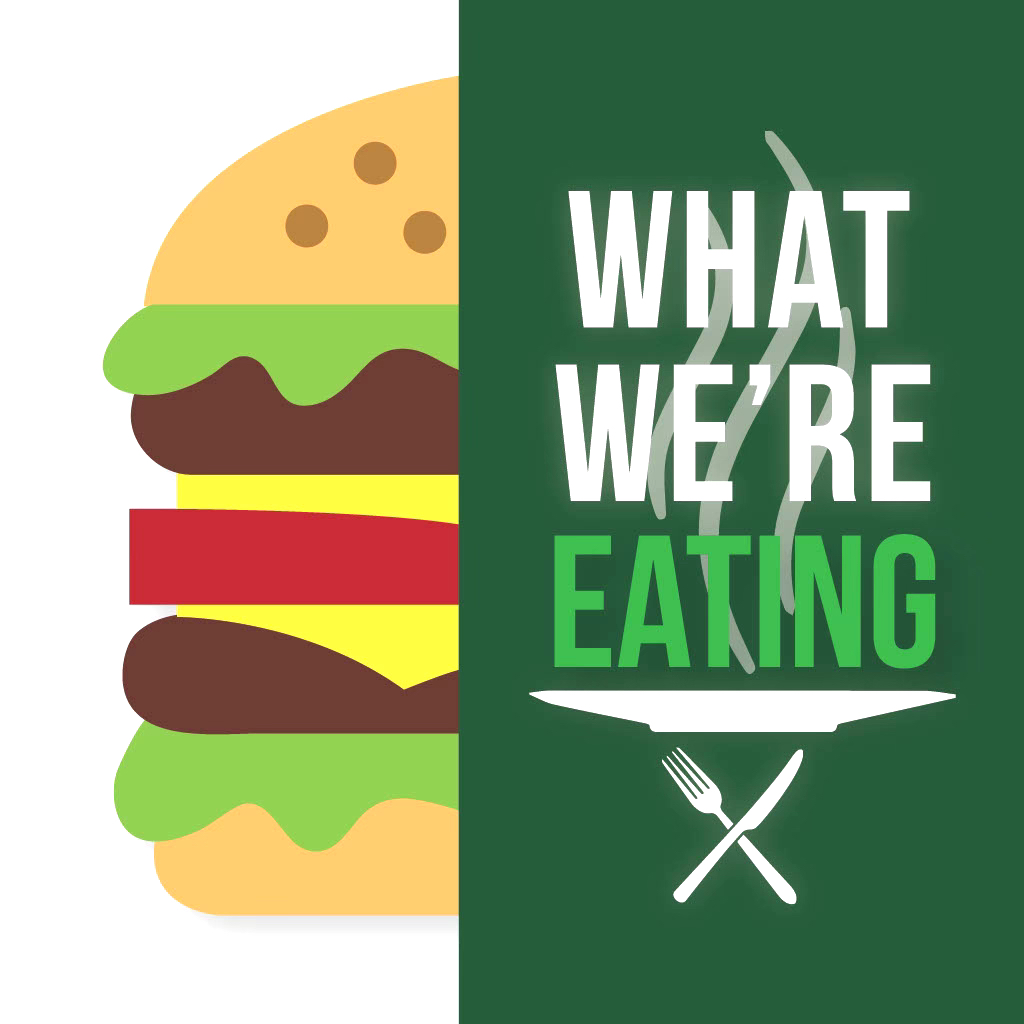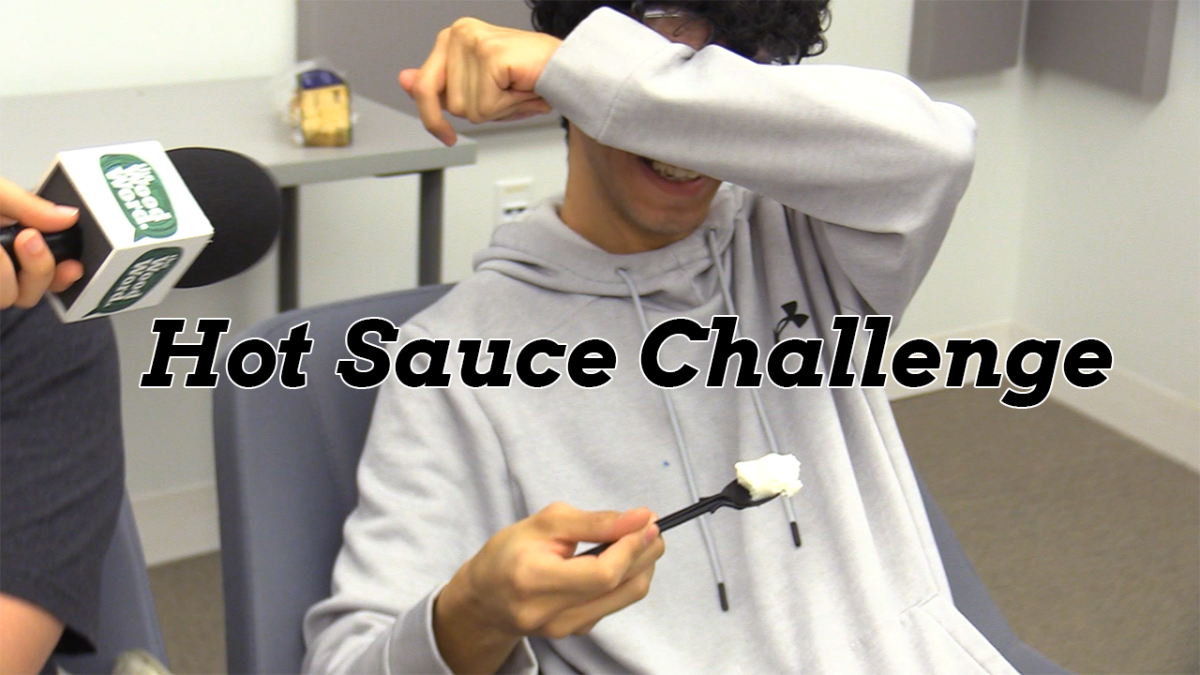On March 8, Pennsylvania’s ban on texting while driving took effect. This new law prohibits any text-based communication while being behind the wheel. By enforcing this law, Pennsylvania joins 36 other states and the District of Columbia in fighting against texting while driving.
According to the Pennsylvania Department of Transportation (PENNDOT), a “text-based communication” is “a text message, instant message, email or other written communication composed or received on an [Interactive Wireless Communication Device].”
Each violation constitutes a $50 fine, but it does not add points on a person’s license and does not remain on the non-commercial driver’s record according to PENNDOT.
But is the fine really enough for endangering the lives of other drivers?
Although the texting while driving law is a good one that needed to be passed, perhaps Pennsylvania should think about banning all cell phone usage while operating a vehicle.
Mythbusters, a Discovery Channel television show that “mixes the scientific method with gleeful curiosity” put talking while driving to the test. In the episode “Killer Brace Position” which was originally broadcast in 2005, the Mythbusters tested the myth that talking on a cell phone while driving is just as dangerous as driving while intoxicated.
Mythbusters: Cell phone vs. Drunk driving
They tested the myth by comparing their driving on a course, first while sober with no distractions, then while sober and being asked different questions on cell phones, then while their blood alcohol level was just below the legal limit of 0.08.
Their conclusion was that their laps on the course while talking on a cell phone were actually worse than the laps taken while drunk.
A study conducted by the University of South Carolina in 2008 and reported in Science Daily found that drivers were more distracted when they were preparing to speak than when listening to someone on the phone. So, listening to someone speak or listening to music is not the problem; instead it its interaction that creates a problem.
Talking on a cell-phone while driving is already banned in 10 states as well as the District of Columbia, according to the Insurance Institute for Highway Safety.
Pennsylvania should follow these states and crack down harder on distracted driving, which includes talking and texting on cell phones. Doing anything other than focusing on driving when in the car is dangerous and endangers not only the life of the driver but the lives of others.










